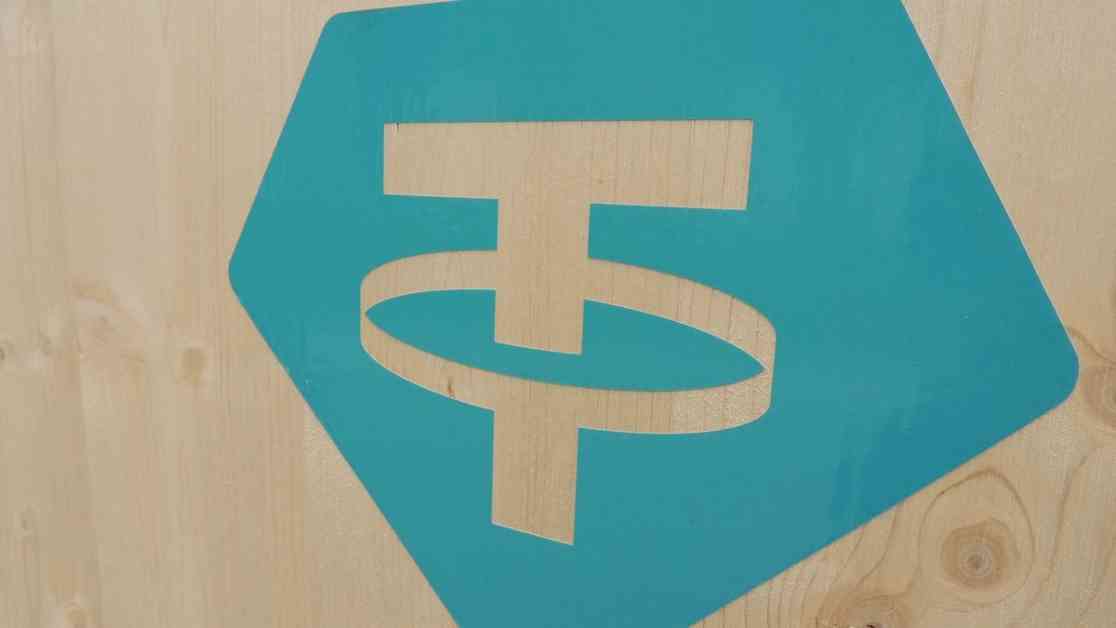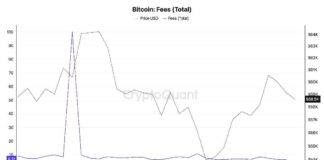Tether, a popular stablecoin issuer, recently announced impressive profits of $2.5 billion in the third quarter of the year. This brings their total profits for the year to $7.7 billion, with the market capitalization of their flagship cryptocurrency, USDT, reaching nearly $120 billion.
A significant portion of these profits, $1.3 billion to be exact, came from the yield on U.S. Treasury holdings. Another $1.1 billion was attributed to the unrealized appreciation of the company’s gold holdings in the reserve. Tether CEO Paolo Ardoino shared this information in a recent post, noting that the price of gold had increased by around 15% during the third quarter.
According to a quarterly attestation signed by accounting firm BDO Italy, Tether International Limited and Tether Limited disclosed $125.5 billion of assets in reserve against $119.4 billion in liabilities as of September 30. This means that there are excess reserves backing Tether’s stablecoins, amounting to over $6 billion.
The majority of the reserve assets, $105 billion, were held in cash and cash equivalents, including $84.5 billion in U.S. Treasury bills. The company also had direct and indirect exposure to T-bills, with holdings in money market funds and reverse repurchase agreements totaling over $102 billion. Additionally, Tether held $5 billion worth of gold and $4.8 billion in bitcoin among their reserve assets.
Tether Investments, the group’s venture arm, saw a significant increase in net equity value, rising to $7.7 billion from $6.2 billion in the previous quarter. The company also disclosed owning 7,100 bitcoin worth nearly $500 million.
Tether’s USDT stablecoin plays a crucial role in the digital asset ecosystem, being the third largest cryptocurrency by market cap and serving as a primary form of liquidity on exchanges. It is also increasingly being used as a payment method in emerging markets.
Despite their success, Tether has recently come under scrutiny, with reports of a U.S. criminal investigation alleging possible violations of sanctions and anti-money-laundering laws. However, CEO Paolo Ardoino assured in an interview that the company adheres to U.S. sanctions and remains committed to being a significant buyer of U.S. debt.
In conclusion, Tether’s strong financial performance in the third quarter highlights the company’s position as a key player in the digital asset industry. With significant profits, a robust reserve of assets, and strategic investments in various sectors, Tether continues to solidify its presence in the market.

















